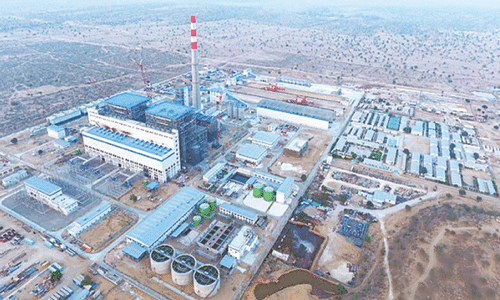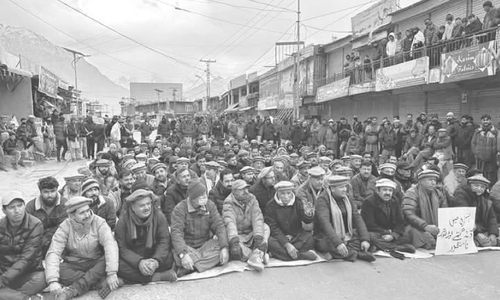MADRID, May 3: China must remove capital controls gradually and let its yuan currency rise for the long-term benefit of its domestic industries, officials from the Asian Development Bank and International Monetary Fund said on Saturday.
David Burton, direct of the IMF’s Asia Pacific department, said a gradual removal of capital controls would be necessary for the domestic banking system as Chinese depositors began to diversify investments away from local equity markets.
“China needs to keep appreciating (the yuan). It needs to pay more attention to effective exchange rates not just against the dollar,” Burton told a forum in Madrid at the ADB’s annual meeting.
“I’m certainly not in favour of removing (capital controls) overnight, but they need to be removed gradually.”
Burton’s views were echoed by Jin Liqun, Vice President of the Asian Development Bank and China’s former vice finance minister, who said a higher yuan would benefit domestic manufacturers.
“The Chinese currency has to continue to appreciate as the country develops as it is the only way for China to move up the value chain. If the value of the yuan is too low, it is a disincentive for (Chinese) employers to move up the value chain,” Jin said.
The yuan broke above 7.00 to the dollar in early April for the first time since China abolished the yuan’s peg to the dollar in July 2005. It appreciated 4.2 per cent against the dollar in the first quarter of this year.
Burton said greater flexibility in exchange rates which allow genuine two-way flows would in general help buffer an impact from volatile capital flows in Asian countries.
Jin, who Chinese media say is set to leave the Manila-based ADB to become vice chairman at China’s $200 billion sovereign wealth fund later this year, said the yuan’s appreciation would have to be managed, taking into account the country’s current account surplus and continued capital inflows.
“China will not have a future forever in relying on low-cost labour... The real sector must be given time to adjust to a more expensive Chinese yuan,” Jin said.—Reuters














































Dear visitor, the comments section is undergoing an overhaul and will return soon.